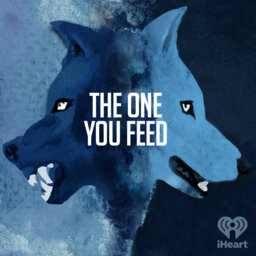How to Uncover the Path to Self-Discovery and Healing with Dr. Sara Kuberic
In this episode, Dr. Sara Kuburic explores ways to uncover the path to self-discovery and healing. She offers a compelling perspective on the topic of embracing personal responsibility for healing. Drawing from her own transformative journey and experience as a therapist, Sara brings a depth of insight and understanding to the complexities of healing and self-discovery.
In this episode, you will be able to:
- Explore how to overcome traumatic childhood experiences for personal growth and healing
- Understand the self-discovery process to unlock your true potential and live authentically
- Embrace personal responsibility for healing to create a fulfilling and empowered life
- Discover the impact of inauthentic self-expression and how it affects your well-being
- Learn how to navigate life’s choices and consequences with confidence and clarity
To learn more, click here!
In 1 playlist(s)
The One You Feed
Transformative ideas from the best thinkers on the planet including guests like James Clear, Susan C…Social links
Follow podcast
Recent clips

Embrace the Chaos: Finding Clarity Through Meditation with Henry Shukman (Part 1)
1:00:25

Navigating Fear and Hope: the Everyday Courage That Shapes Our Lives with Ryan Holiday
52:41

Failure as Fertilizer: Learning to Bloom Again with Debbie Millman
59:56
 The One You Feed
The One You Feed